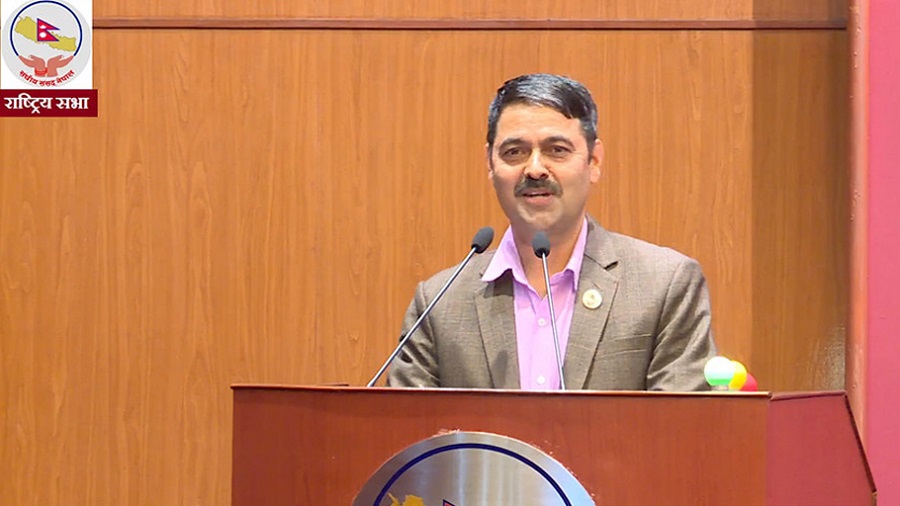
Nepal's Higher Education Debate: Do We Need More Universities?
In a recent discourse on Nepal's higher education landscape, National Assembly MP Khimlal Devkota expressed his concerns about the proliferation of universities in the country. Speaking at a theoretical discussion centered around the 'Nepal University Bill-2079', Devkota argued that the focus should be on improving existing institutions rather than establishing new ones.
Highlights from the Discussion
- MP Devkota underscored the government's responsibility to heed the recent findings of the Nepal Policy Research Foundation. As a recognized think tank of the Ministry of Education and the Government of Nepal, its research suggests that the nation doesn't need additional universities.
- He cautioned the government to prioritize the formulation of a new education policy, one that would substantiate the claim of not needing more universities in Nepal.
- In his appeal, he cited the joint study by the Ministry of Education and the University Grants Commission, which further reinforced the redundancy of new universities. The study pointed out the absence of necessary infrastructure, along with a lack of financial and physical provisions for the same.
- MP Devkota highlighted a perceived contradiction in the nation's education policy - while many students opt for overseas education after high school, the government's intent to establish more universities seems to conflict with this trend.
- Conclusively, he emphasized that there is no urgency to establish the proposed Nepal University, given the current financial constraints and insufficient physical infrastructure.
Rethinking Nepal's Higher Education Strategy
In his firm stance, Devkota urges a comprehensive assessment of the capacity of existing universities before setting up new institutions. According to the think tank's report, a new university should only be considered when the developmental and upgrade needs of the current establishments cannot be fulfilled. This is an important recommendation that underscores the need to make the most out of existing resources.
MP Devkota's cautionary stance on indiscriminate university proliferation serves as a call to action for a balanced and sustainable approach to higher education in Nepal. It invites the government to redirect its focus on strengthening existing institutions, which is an essential step towards ensuring quality education and improving academic outcomes.





